From ‘princess’ to prostitute: how Japan’s host clubs are driving young women into debt and sex work
[ad_1]
Now 20, Yuno is both scared and scarred. Being forced into prostitution in Tokyo’s notorious Kabukicho district has left a mark, while she has still not been able to pay off a bill that continues to mount as the club charges interest.
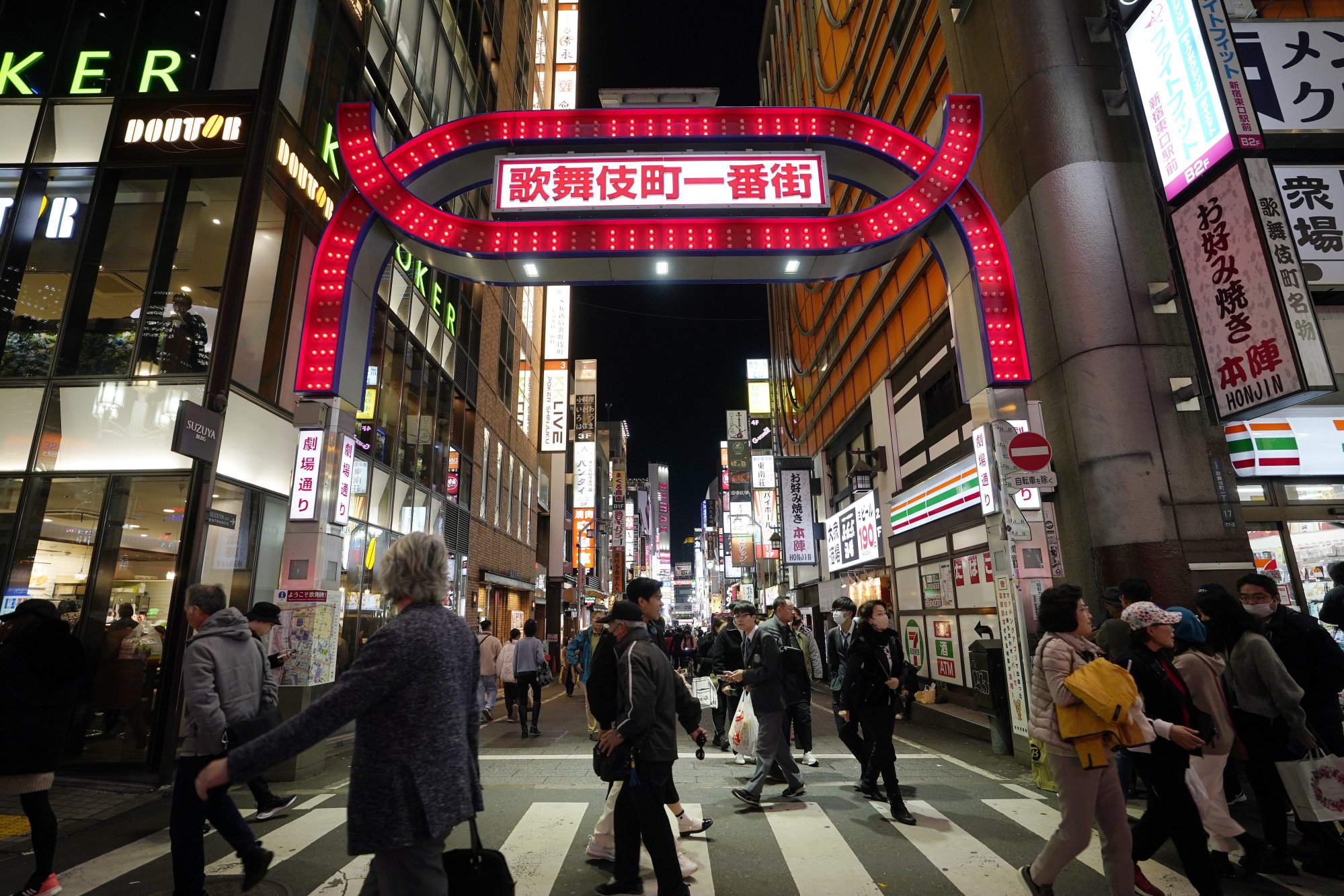
In desperation, last month she contacted the Liaison Council of Parents Protecting Youths (Seiboren), which has provided support and advice, as well as assigning her a lawyer. But wherever she goes in Tokyo, Yuno is still worried she could bump into someone from the club or from the groups that run Kabukicho’s sex industry. She has already had one close call.
“At the start, it was fun,” said Yuno, who did not want to provide her family name. “I met the host and he told me I was cute. Soon I was meeting him regularly – at one point I was going five times a week – and he told me his ‘dream’ of opening a yakitori restaurant with me.”
Yuno now knows she made a serious error of judgment in falling for the smooth-talking host, but at the time thought little of the money she was spending each night because she was told her companion would “look after it”. After blithely spending as much as 50,000 yen (US$353) a night, it was a shock when she was finally presented with the total bill.
When she informed the club she had no way of immediately paying off such a large sum, they were quick to provide a solution. And they made it clear that their solution was not negotiable.
“That is how I ended up in sex work,” Yuno said. “I stood in the area of Kabukicho that is known for prostitutes and waited for men to come up to me. I was working almost every day, sometimes earning 60,000 yen a day but usually around 30,000 yen.”
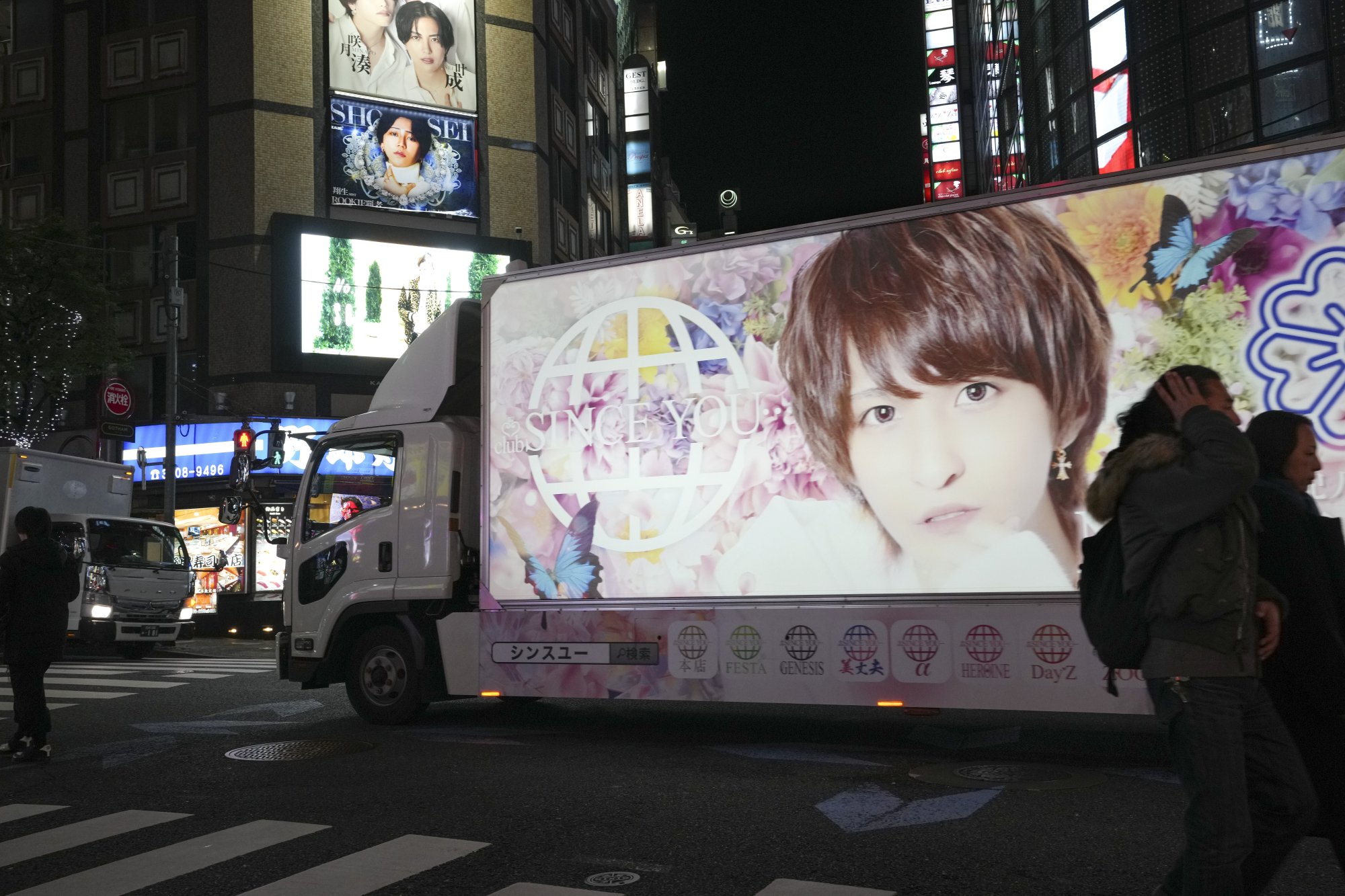
The gangs that run Kabukicho’s sex industry also said she should go abroad to work as a prostitute as she could earn more money, but Yuno did not have a passport. That was likely to have been a lucky escape for her, as she would almost certainly have been saddled with even larger debts, for travel “expenses” and accommodation wherever she ended up.
Even though she worked most days, she was unable to pay back the host club at the end of November.
“I was walking in Shinjuku when a host spotted me and chased me,” she said. “I got away in a taxi. That day I called Seiboren, and the first thing they told me to do was to cut all contact with the hosts and the club.”
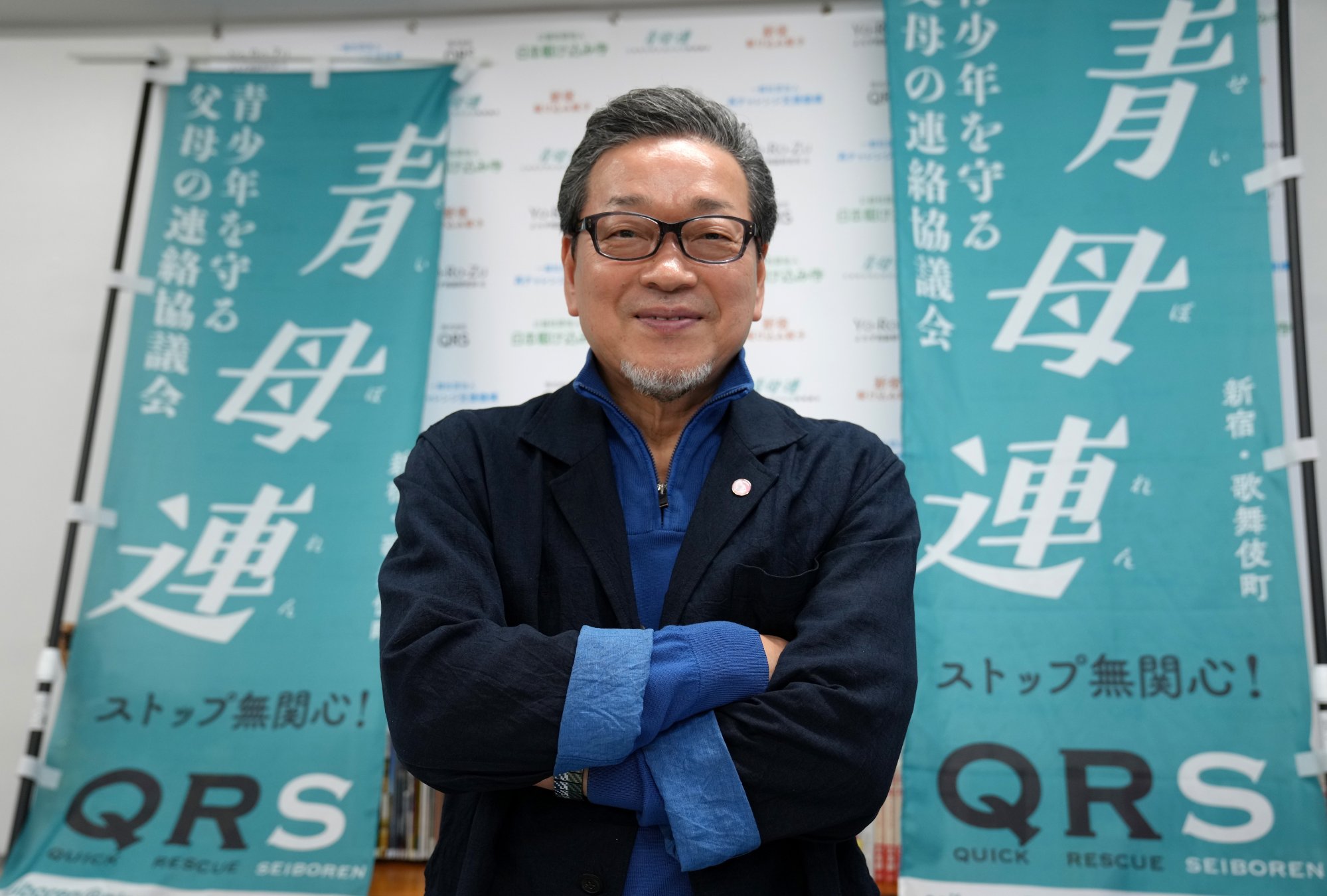
Hidemori Gen, a member of the board of the organisation, said Yuno’s experience was far from uncommon and Seiboren was demanding that authorities act to protect young women falling for the unscrupulous actions of what he described as “a pack of hyenas”.
“Many of these women come from affluent families, they move to the big city from a rural area as a student or when they first start a job, but they have very little experience with men and are naive,” Gen said. “Many of the victims are aged between 18 and 23, simply because these are the women who are in demand in the sex industry.”
The hosts flatter the women, send them countless text messages and generally “make them feel like a princess”, Gen added. “They quickly make the girl fall in love, and then the host will start saying that she should not worry about paying for the night’s drinks, even if it’s champagne at 3 million yen.
“At this stage, it is no longer possible to intervene from the outside,” Gen said. “Senior staff teach what are effectively brainwashing skills and they have taken control of the girl’s mind.”
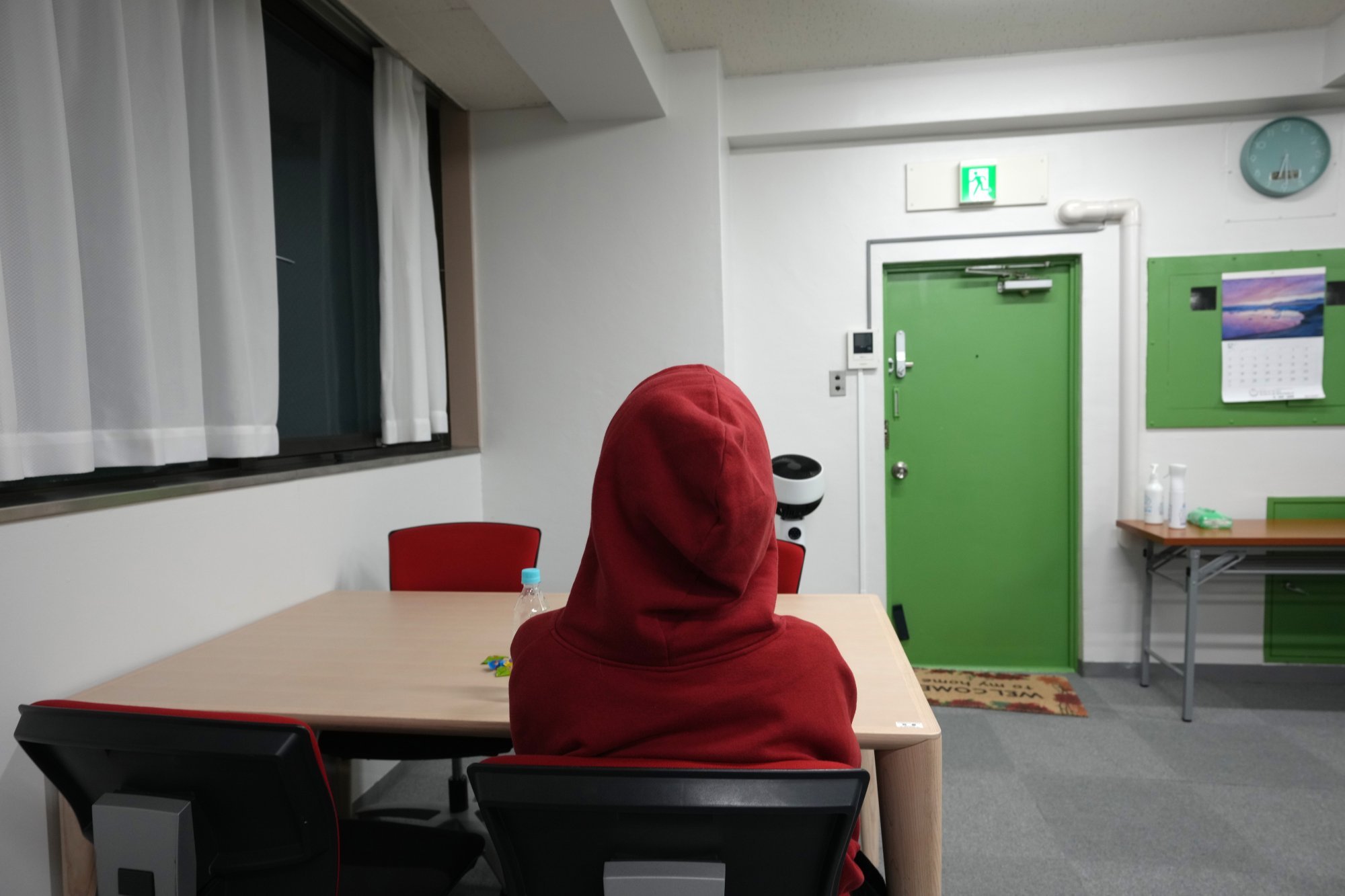
Presented with the bill when it has already reached an eye-watering level leaves the women with little choice but to do as they are instructed, he said. Women in debt are handed over to scouts for the sex industry, which Gen insists have close contacts with Japan’s notorious “yakuza” gangs. The prettiest women are sent abroad, but older women who have not been able to pay off their debts are put to work in “soapland” brothels in rural towns.
“This issue has been attracting a great deal of attention recently, but we need to have a fundamental change in the laws and we need to reverse public apathy,” said Gen, whose organisation has had more than 200 phone and in-person consultations with victims in the five months since it was set up.
“To me, not enough is being done,” Gen said. “How does Japan even allow yakuza groups to exist? Why do the police and lawyers do nothing when we file a complaint?”
The lingering ‘dark sides’ of Japan’s scandal-tainted entertainment industry
The lingering ‘dark sides’ of Japan’s scandal-tainted entertainment industry
On December 5, an organisation that represents 13 host club operators in Kabukicho reached an agreement with the Tokyo Metropolitan Government to halt the practice of women running up huge tabs at clubs from the start of the new financial year on April 1.
Other measures agreed to included clubs not allowing women under the age of 20 to enter and severing links with the groups that operate in the sex industry.
Speaking to reporters, Takayuki Makita, chief operating officer of the largest stable of host clubs, said: “On behalf of the industry, I apologise for the inappropriate state of affairs. We will not do a business that ruins lives.”
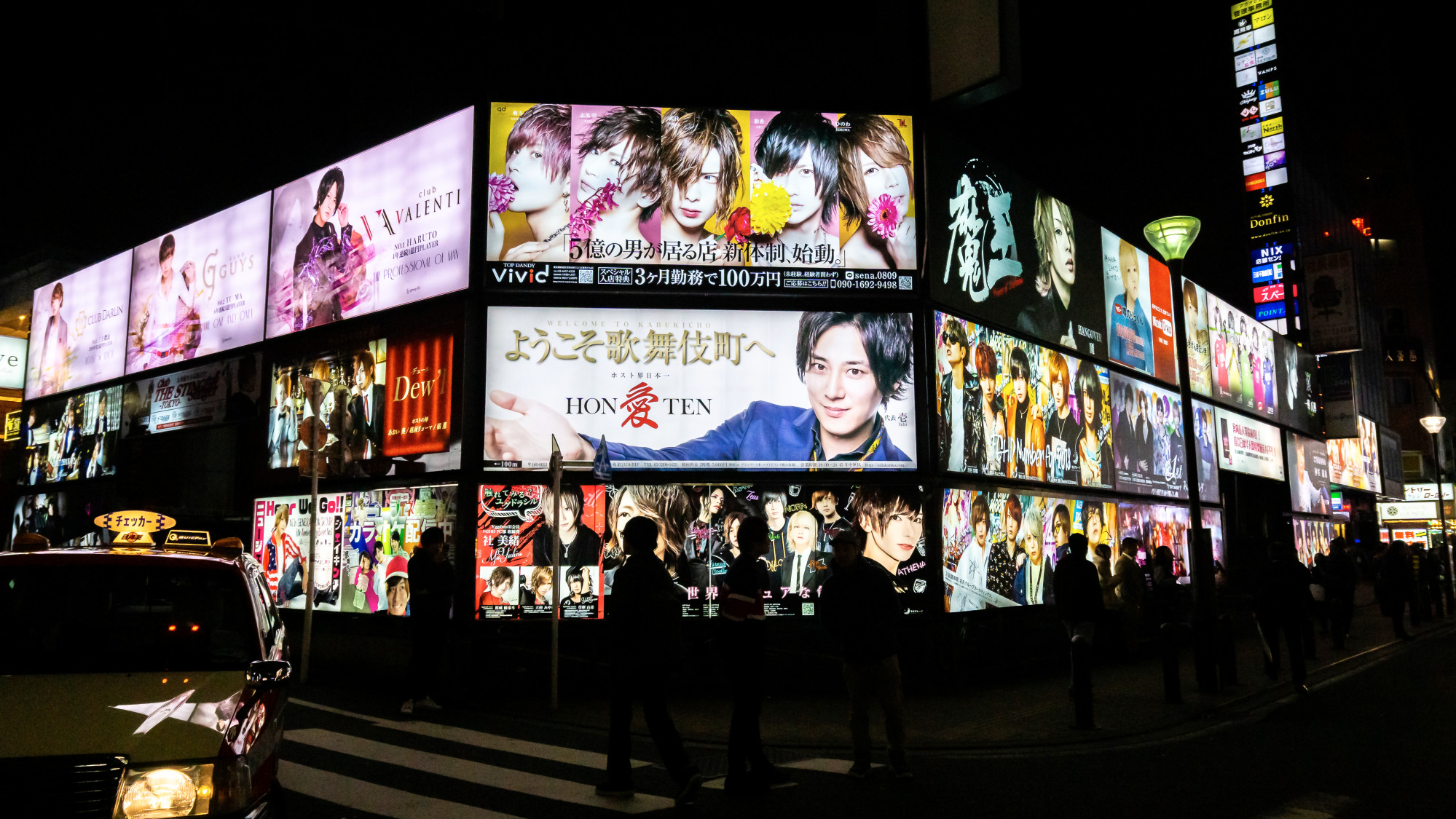
Critics were quick to point out that the clubs had promised to “self-police” themselves.
In an editorial on December 9, the Asahi newspaper demanded that the national government intervene, stating, “The combination of selling on credit and forced prostitution, designed to burden customers with heavy debts, can no longer be considered normal and acceptable business operations.”
Responding to a question in the Diet from an opposition politician, Prime Minister Fumio Kishida earlier this month vowed to “crack down hard on illegal practices” in the sector, but the only new initiative is a proposal to promote awareness of the relevant laws and to offer support for victims through consultation services, the Asahi pointed out.
Citing the case of a woman who attempted to take her life after running up a debt of nearly 10 million yen to a host, the newspaper demanded more vigorous action “so the younger generation is more vigilant to the dangerous traps hidden behind sweet words”.
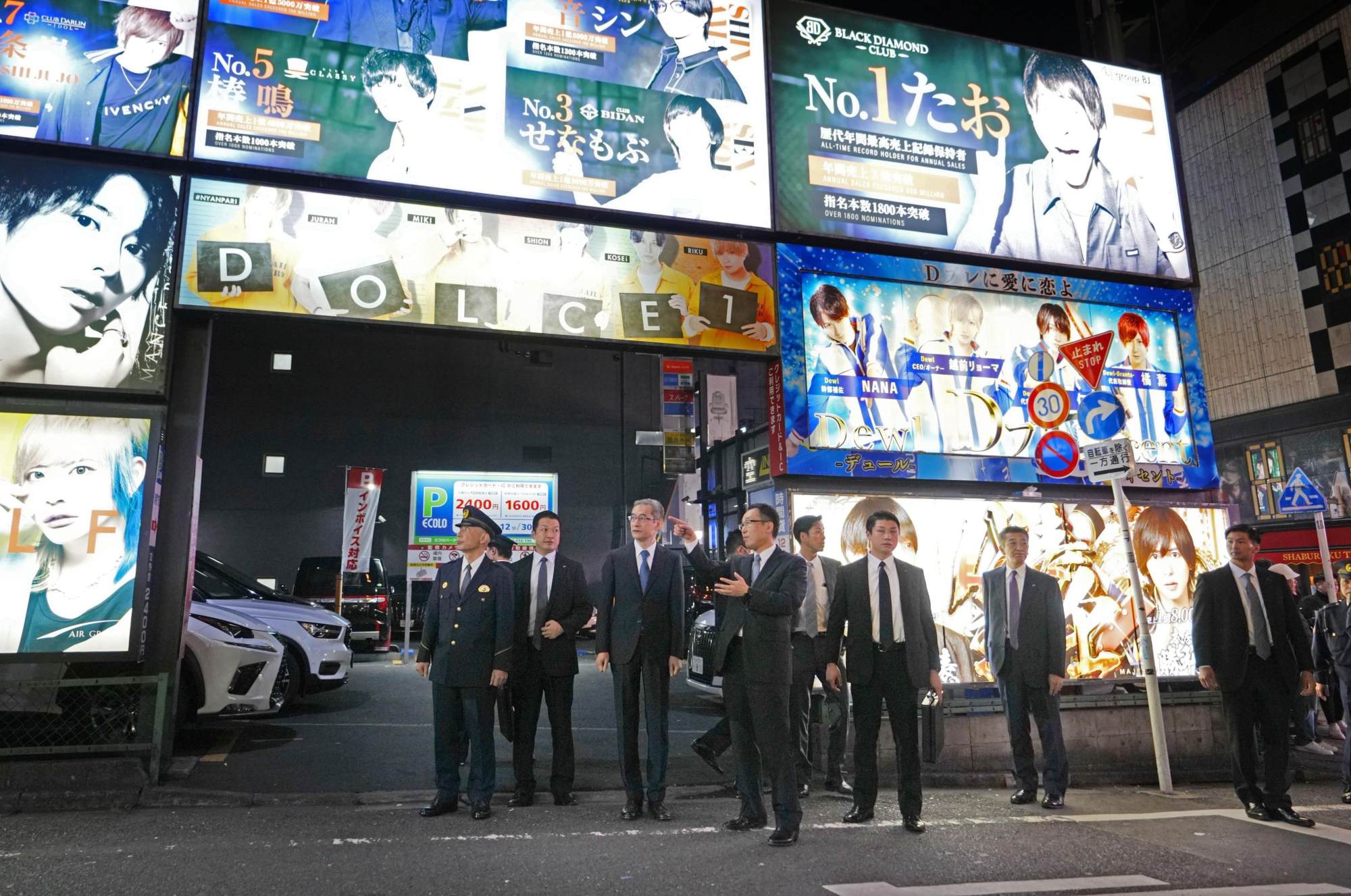
Despite the industry’s promises, Gen is also not optimistic that real change is on the horizon.
“We are calling for the immediate abolition of the racket that allows women to run up these huge bills and something must be done about the grey areas, both legally and socially, regarding the sex industry in Japan,” he said. “There has to be change.
“But, in truth, I am not optimistic,” he said. “These women are brainwashed as if they are in a cult. There are 300 host clubs in Kabukicho alone, which means there are 300 cults in this part of the city.
“They care nothing for these women. They are hyenas.”
[ad_2]
Source link

